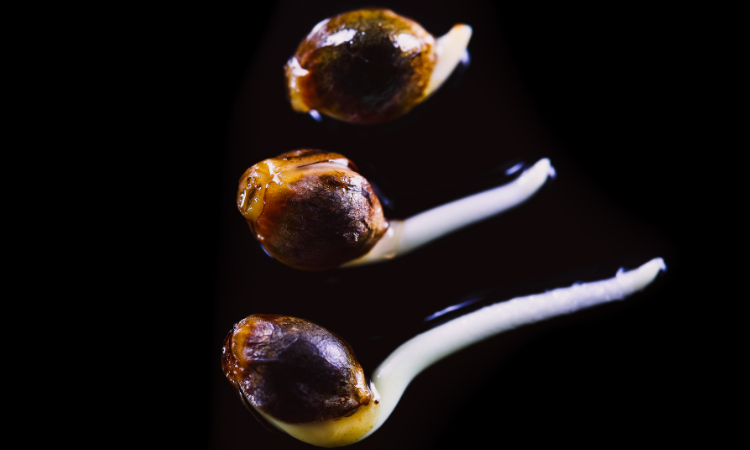
News
Cannabis Genetics: The Future of Cultivation
Cannabis Genetics: The Future of Cultivation
Seed Propagation
Growing from seeds or “germination” has sustained cannabis cultivation for thousands of years. In fact, it’s still the principal means of creating new hybrids and genetics. However, when it comes to producing cannabis on larger scales, seed propagation has a number of drawbacks.
Firstly, plants grown from seeds will be inconsistent with wide variations in size, potency and yields. Furthermore, a significant percentage of the seed grown plants will be male and need to be destroyed in order to create seedless or “sinsemilla” flower. This makes seed propagation unsuitable for large scale cultivation, which is why commercial producers rely on a different method.
Cannabis Clones: Stem Cloning
The majority of cannabis cultivators today make use of stem cloning to supply the large number of plants required for commercial production. This involves growing healthy and high-quality mother plants from which cuttings can be taken and planted. And the result? A large number of identical female plants with stable genetics and consistent potency, flavor, and yields. However, even stem cloning has its issues, principally the amount of time, space, and resources required to keep a large clone nursery viable.
Micropropagation: Tissue Cultures
In order to scale up production further, industrial cultivators have been seeking to utilize an agricultural biotech method known as micropropagation, which can be seen as a highly advanced lab grade version of cloning. With this method, small tissue samples are taken from plants with the most desirable genetic traits and then propagated in a highly controlled sterile environment where they are given a perfect blend of nutrients and hormones. An almost infinite number of genetically identical plants can be produced with micropropagation, and more importantly, the tech can be scaled up in a way that stem cloning cannot.
Cannabis Genetics: Molecular Breeding
While micropropagation may seem like a miracle tech for industrial cannabis production, it unfortunately leaves the door open to molecular breeding, which allows for all sorts of genetic modification. The thought of GMO cannabis might be an unpleasant one for many, but it's already becoming a reality and looks set to dominate the industrial cultivation scene in the future.
Fortunately however, as we have seen with other agricultural produce, negative public perceptions of genetic modification has resulted in a large organic market for naturally grown alternates, and should GMO cannabis become a reality, it's almost certain that the same organic market will exist for cannabis products, too.






